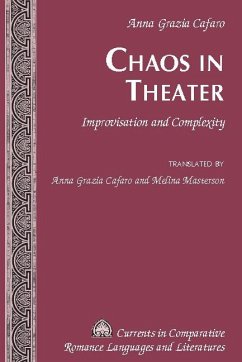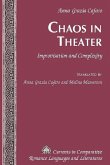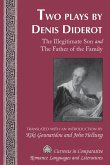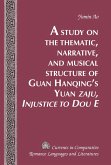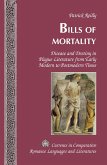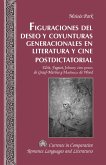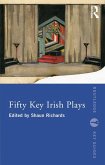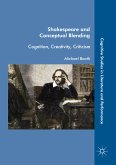This work aims to investigate in which dimension art meets science and how it happens. Artists need to discover new conceptual instruments that contribute to the probing of the laws of matter, social existence, and the human mind. The rigorous and fascinating trip that Anna Grazia Cafaro proposes to capture the sense, function, and nature of the actor's improvisation is a splendid and a unique example of a "new alliance" between art and science, predicted forty years ago by the scientist Ilya Prigogine and the philosopher Isabelle Stengers.
Thanks to the application of Chaos Theory to the theatrical processes, attempted here for the first time, the actor and the performance are analyzed as "complex dynamic systems" like a cell, in which, paradoxically, chaos and order coexist and maintain the system in balance; the continuous passages from chaos to order, create the necessary tension and energy that allows the spectator to build his own meaning.
Despite the complex theoretical concepts this book is written in an accessible language and includes clear examples that make it comprehensible to a wide audience. It is perfect for students of theater, practitioners, scholars, and anyone who is curious about communicative mechanisms. It can be used in theater, science, comparative literature, and philosophy departments.
Dieser Download kann aus rechtlichen Gründen nur mit Rechnungsadresse in A, B, BG, CY, CZ, D, DK, EW, E, FIN, F, GR, HR, H, IRL, I, LT, L, LR, M, NL, PL, P, R, S, SLO, SK ausgeliefert werden.

